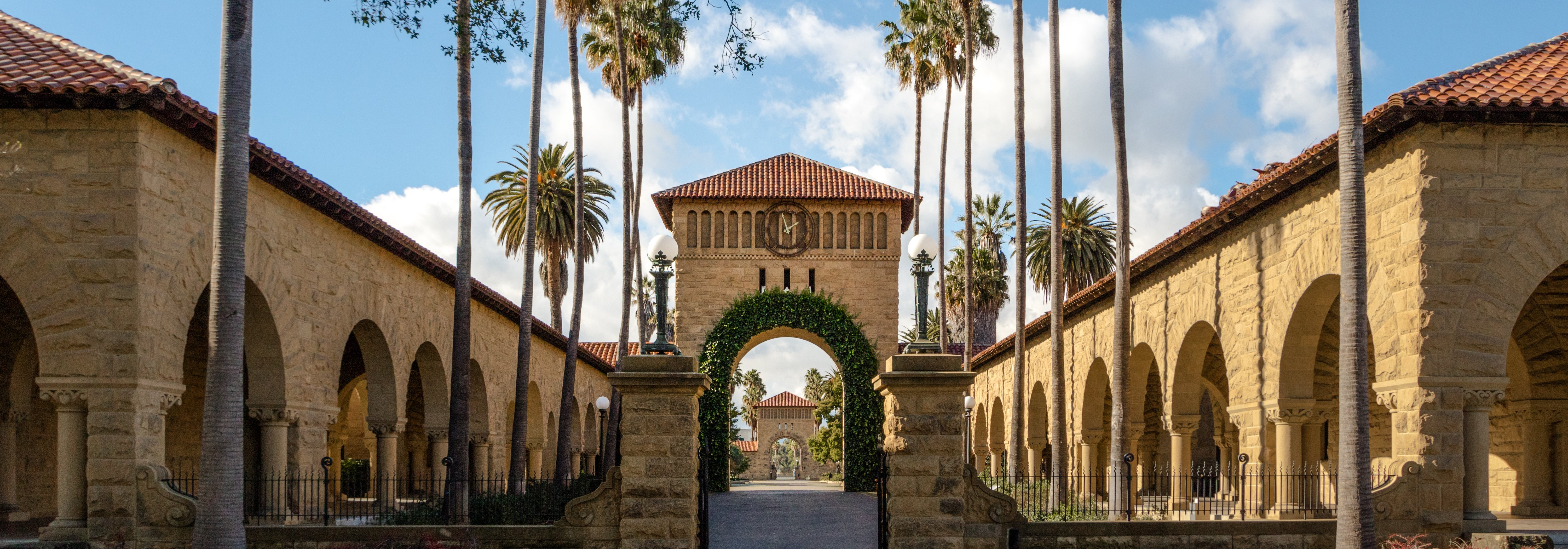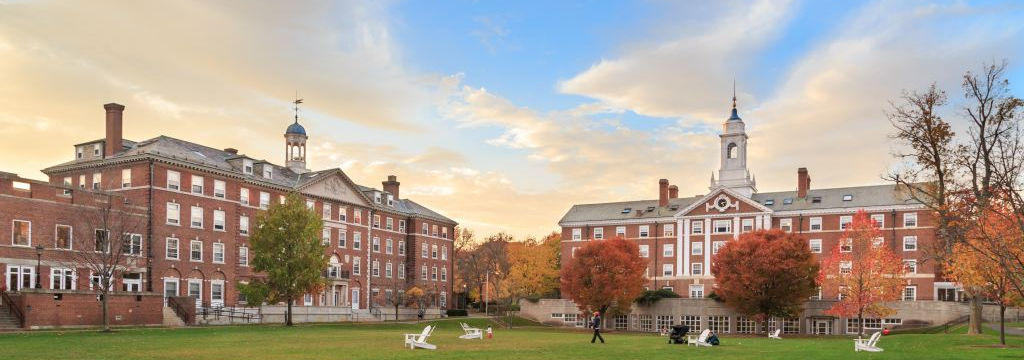Brown Admissions Interview: 14 Brown Interview Questions
Getting a spot at Brown University, one of seven universities that make up the Ivy League, is exceptionally competitive. To earn a seat in the incoming class, students need to do more than get good grades; they also need to stand out in each component of the application process. In the past, this would have been through the interview; now, however, the best way to stand out is through the video introduction.









